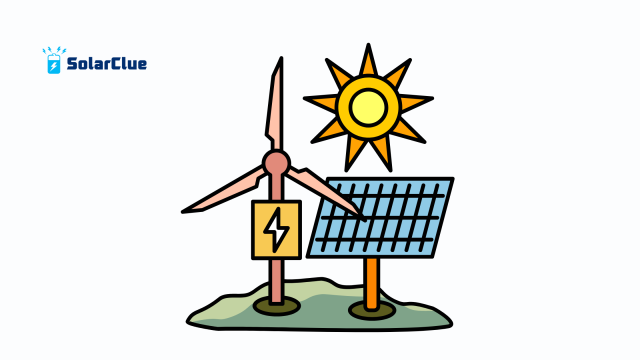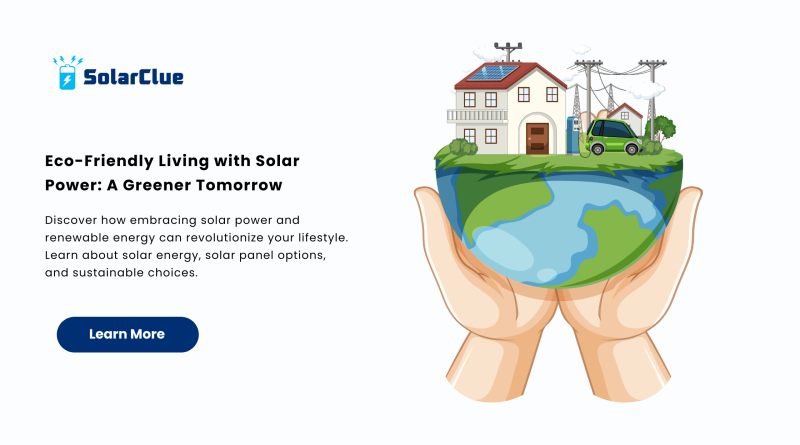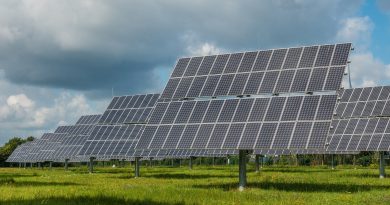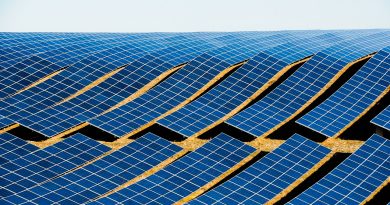Eco-Friendly Living with Solar Power: A Greener Tomorrow
As the global climate crisis intensifies, more people are looking for sustainable ways to reduce their carbon footprint. Eco-friendly living with solar technologies is gaining momentum as a smart, efficient, and sustainable way to power our homes and lives. Whether you’re concerned about environmental impact, soaring energy bills, or self-sufficiency, this guide will walk you through how integrating solar energy into your lifestyle can lead to long-term benefits and a cleaner planet.
Table of Contents
- 1 What Is Solar Energy?
- 2 Why Choose Solar Power for Eco-Friendly Living?
- 3 Components of a Solar Power System
- 4 Types of Solar Panels
- 5 Benefits of Switching to Solar Power
- 6 Solar Power and Net Metering
- 7 Cost and ROI of Solar Panel Installation
- 8 Government Incentives and Schemes in India
- 9 Maintenance of Solar Panels
- 10 Integrating Solar into Smart Homes
- 11 Overcoming Common Myths About Solar Energy
- 12 Sustainable Practices Beyond Solar
- 13 How to Choose the Right Solar Provider
- 14 Real-Life Case Studies of Solar Success
- 15 Conclusion
- 16 FAQs
What Is Solar Energy?
Solar energy is harnessed from the sun’s rays using solar panels or photovoltaic cells. It’s one of the cleanest forms of renewable energy, producing no greenhouse gases or pollutants. Solar energy can be converted into electricity or used for heating purposes, making it versatile for residential and commercial use.
Why Choose Solar Power for Eco-Friendly Living?
Embracing solar power aligns with eco-friendly living because:
- It reduces dependence on fossil fuels
- It cuts down greenhouse gas emissions
- It lowers electricity bills
- It promotes energy independence
By integrating a solar power system into your home, you actively contribute to environmental preservation while enjoying financial benefits.
Components of a Solar Power System
A typical solar power system includes:
- Solar Panels: Capture sunlight and convert it into electricity
- Inverters: Convert DC into AC for household use
- Batteries (optional): Store excess energy for later use
- Mounting Equipment: Secure panels on rooftops or ground structures
Understanding these elements is key to optimizing your solar setup.
Types of Solar Panels
There are three main types of solar panels available:
- Monocrystalline Solar Panels – High efficiency and space-saving
- Polycrystalline Solar Panels – Budget-friendly with moderate efficiency
- Thin-Film Solar Panels – Lightweight and flexible, best for large-scale setups
Choose based on your space, budget, and energy needs.
Benefits of Switching to Solar Power
- Environmental Impact: Dramatically reduce your carbon footprint
- Financial Savings: Long-term reduction in electricity costs
- Energy Independence: Reduced reliance on the grid
- Property Value Boost: Homes with solar panels often sell at a premium
Solar Power and Net Metering
Net metering allows you to feed excess solar energy back into the grid, receiving credits on your electricity bill. This makes your solar power system even more cost-effective.
Cost and ROI of Solar Panel Installation
Although the initial investment can be significant, government subsidies and decreasing prices have made solar panel installation more affordable. The average return on investment is seen within 5–7 years, depending on usage and location.
Government Incentives and Schemes in India

India offers several incentives for solar adoption:
- MNRE Subsidy Scheme
- Net Metering Regulations
- State-specific solar rooftop schemes
For detailed subsidy info and installation guidance, visit SolarClue.
Maintenance of Solar Panels
Minimal maintenance is required:
- Clean panels every 3-4 months
- Annual inspection of the system
- Check inverters and battery storage health
Proper maintenance extends the lifespan of your solar power system and ensures optimal performance.
Integrating Solar into Smart Homes
Today’s solar technologies can integrate with smart home systems, allowing you to:
- Monitor energy consumption via mobile apps
- Automate appliance usage
- Optimize power usage in real time
This smart synergy enhances both comfort and sustainability.
Overcoming Common Myths About Solar Energy
- “Solar panels don’t work on cloudy days” — They still generate power, though at reduced efficiency
- “Too expensive” — Costs have dropped significantly and financing options are available
- “Difficult to install” — Many providers offer turnkey solutions with professional installation
Sustainable Practices Beyond Solar
While adopting solar is a major step, other practices include:
- Using energy-efficient appliances
- Implementing rainwater harvesting
- Reducing plastic and food waste
- Green commuting (cycling, EVs)
Combining these with solar power amplifies your eco-friendly lifestyle.
How to Choose the Right Solar Provider
Look for:
- Certified installers
- Positive customer reviews
- Comprehensive service packages (consultation, installation, maintenance)
- Transparency in pricing
Check blog.solarclue.com for expert reviews and provider comparisons.
Real-Life Case Studies of Solar Success
In cities like Bangalore and Pune, residents are seeing up to 90% reduction in electricity bills. Businesses too are cutting operational costs and meeting sustainability goals by shifting to solar energy.
Conclusion
Embracing eco-friendly living with solar technologies is no longer a futuristic concept—it’s today’s need. By leveraging solar power, you make a positive impact on the planet, reduce your expenses, and gain energy independence. The journey to a greener tomorrow starts with a single panel.
So why wait? Shine bright with solar—explore all your green energy options now at SolarClue.com.
FAQs
1. How long do solar panels last?
Most solar panels last between 25–30 years with proper care.
2. Is solar energy effective in monsoon or cloudy weather?
Yes, though efficiency may reduce, solar panels still generate power.
3. Can I install solar panels myself?
While DIY is possible, professional installation is recommended for safety and efficiency.
4. What size of solar system do I need?
Depends on your average electricity consumption; a 3kW system suits a typical household.
5. Do solar panels need a lot of maintenance?
No, regular cleaning and periodic inspections are generally sufficient.




